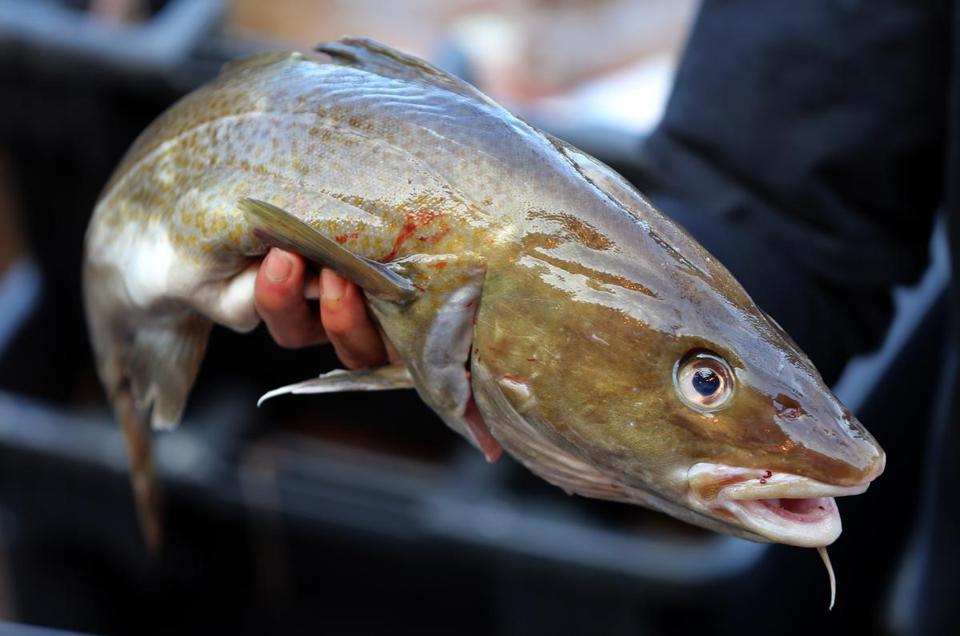Gulf of Maine Warming
Rising ocean temperatures in the Gulf of Maine is one of the greatest concerns for the future of New England’s Atlantic cod fishery. While overfishing in the last 60 years has depleted the Gulf of Maine’s cod population, ocean warming over the last five years has contributed to cod’s inability to bounce back, despite the strict fishing regulations that have been put in place. Cod fishing quotas are being set lower and lower… Read More
Read MoreFisheries 101
What is a fishery?: A fishery is an entity that is engaged in raising or harvesting fish. A fishery is defined in terms of the people involved, species or type of fish, area of water or seabed, method of fishing, class of boats, purpose of the activities or a combination of these features. Positive Impacts of Fisheries: Fisheries create jobs within the local community in terms of the actual fishing, the cleaning… Read More
Read MoreSo the Atlantic Cod’s depleted– now what?
The decline of Atlantic cod is a complex problem with roots in worldwide, systemic problems. The warming of the Gulf of Maine is linked to global climate change which, despite overwhelming evidence, continues to garner debate. And there aren’t always more fish in the sea – many of the fish we prefer to eat are suffering huge declines in number and body size baseline. These problems are so huge it’s hard to… Read More
Read MoreGulf of Maine Council on the Marine Environment
The Gulf of Maine Council on the Marine Environment is partnership made up of many organizations and groups bordering the Gulf of Maine (GOM). The Council’s main focus is to protect the environment and ecosystem of the Gulf of Maine along with its watershed and to promote the well-being of the surrounding communities and people. Consisting of members from Maine, New Hampshire, Massachusetts, New Brunswick, and Nova Scotia, the Council is made up several committees, organizations,… Read More
Read More